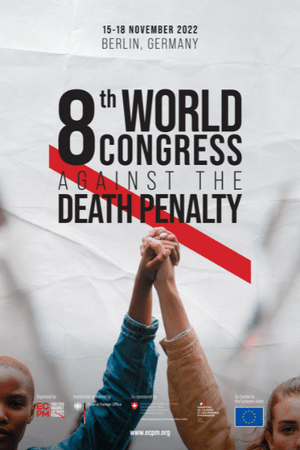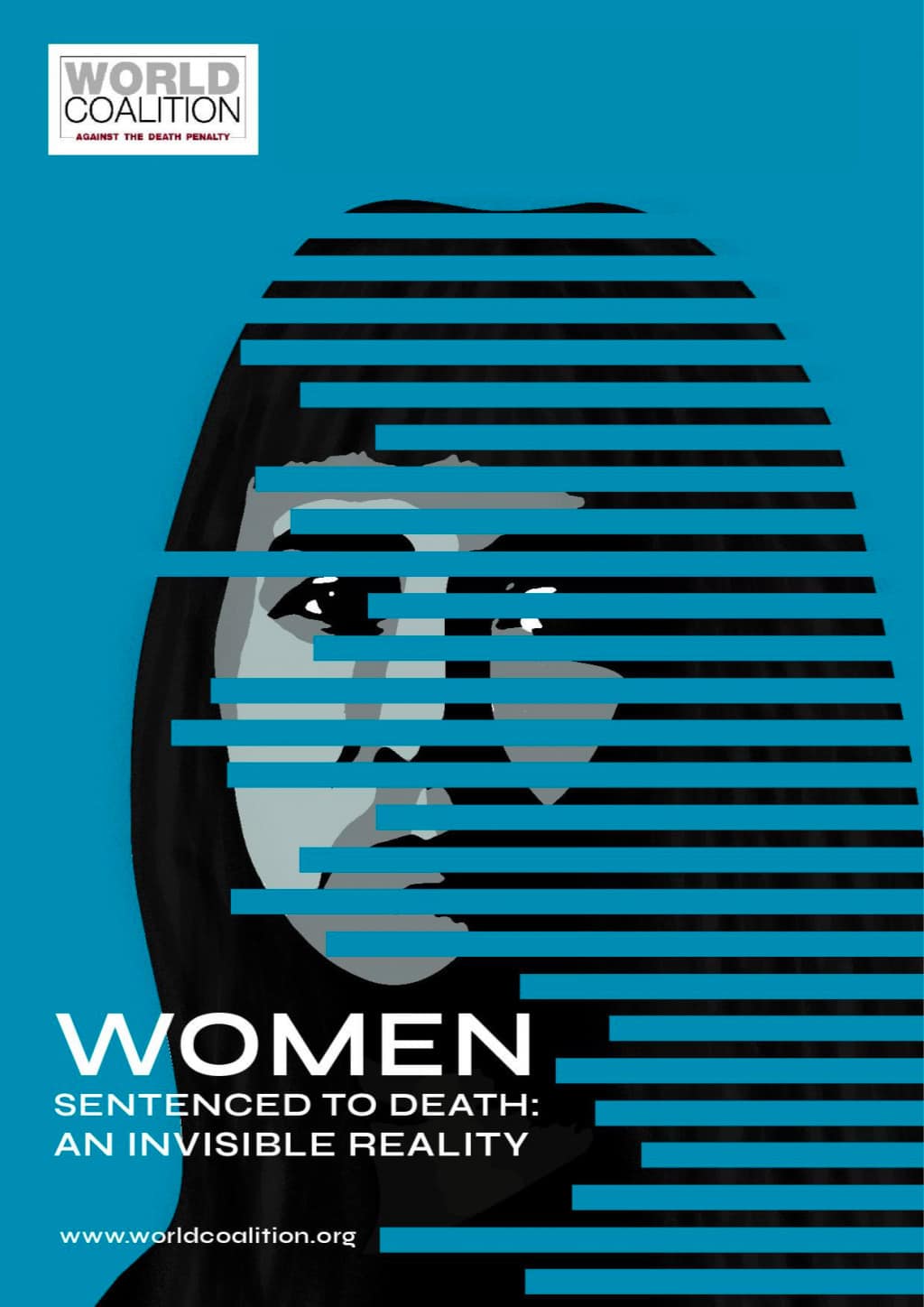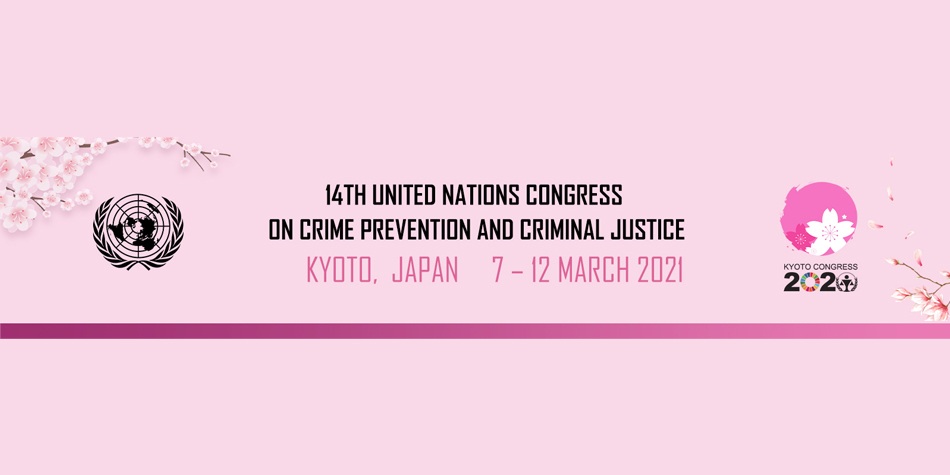
The 8th World Congress reaffirms the importance of gender-based discussions
World Congress
The 19th World Day Against the Death Penalty highlighted the intersectional discrimination that women face in the judicial process leading to the death penalty, making visible one facet of the links between the death penalty and gender discrimination.
At the 8th World Congress Against the Death Penalty, new angles of thinking between gender and the death penalty were addressed, emphasizing the importance of integrating gender into the discussion within the abolitionist movement.
Sexual minorities, gender discrimination and the death penalty
Questioning the links between gender and the death penalty leads us to reflect on the specific discrimination faced by sexual and gender minorities. At the World Congress, these issues were explored by Ajita Banerjie, ILGA Asia Research and Policy Officer, and Céline Martin, International Consultant, in Berlin during the workshop “Sexual Minorities, Gender Discrimination and the Death Penalty”.

The discrimination that sexual and gender minorities face regarding the death penalty can first be observed in the analysis of criminal laws. To date, 69 states have laws criminalizing consensual sexual relations between adults of the same sex (mainly between men). In 11 (Afghanistan, Saudi Arabia, United Arab Emirates, Iran, Mauritania, Qatar, Nigeria, Pakistan, Somalia, Yemen and Brunei.), people can be sentenced to death for it. States do not only criminalize, arrest and sentence individuals to death for consensual same-sex sexual activity. Therefore, in many countries, other morality-based offenses, such as “transvestism” and “offenses against public morality” are grounds for criminal prosecution that can lead to death sentences.
In Berlin, the focus has been on the criminalization of sexual minorities through the application of discriminatory criminal laws, but the range of discrimination faced by sexual and gender minorities is much broader. Discrimination applies to all stages of the death penalty process; from trial to detention on death row where they are particularly vulnerable to abuse and ill-treatment.
Sexual violence and the death penalty: reaffirming the universality of human rights
The link between sexual violence and the death penalty, through the analysis of the profile of women sentenced to death and the crimes they have committed, was highlighted in the 2018 report of the Cornell Center on the Death Penalty Worldwide. During the World Congress, in a panel moderated by Neetika Vishwanath of Project 39A (Inde), the application of the death penalty for the crime of rape was interrogated.
In a global context of free speech regarding gender-based violence, some voices are raised for harder punishment for perpetrators.16 countries have the death penalty for the crime of rape in their legislation and many countries wish to reintroduce it. At the World Congress, the inhuman character of the death penalty, regardless of crime, was reaffirmed, thus recalling the universality of human rights. More broadly, the speakers of the panel emphasized the ineffectiveness of the death penalty as a solution to rape.
As Hanne Sophie Greve, Commissioner of the International Commission Against the Death Penalty (ICDP), pointed out, there is no evidence that the death penalty is an effective sanction to prevent and reduce sexual and gender-based violence. Similarly, crime rates have not increased in countries where the death penalty is outlawed.
In most cases, the death penalty does not correspond to the victims’ desire for reparation. Aissétou Kanté, a judge and president of the children’s rights commission of the Association des femmes juristes sénégalaises (AFJS), explains that survivors of gender-based violence often express a need for psychosocial, psychological, and economic reparation. Punishing their aggressor is often not the first need expressed.
In addition, Valerie Khan, international consultant, and MD Ashrafuzzaman, program coordinator of the Asian Legal Resource Center, also point out the silence that still accompanies rape in many countries and the risk of reduced reporting by victims in countries where the death penalty is applied for rape crimes. Because rape is perpetrated, in most cases, by people close to the victims, they may be reluctant to report the crime or may be pressured not to report, when a family member could be sentenced to death.
Finally, as all the speakers pointed out, the repressive rhetoric that calls for the introduction of the death penalty for the crime of rape is based on a dehumanization of sexual aggressors. This approach contributes to the depoliticization of the problem of rape, by making it an individual problem, specific to individuals “judged to be deviant” when rape reflects a societal problem. By focusing on the death penalty as a repressive solution, the root causes of sexual violence are not analyzed, which prevents collective prevention initiatives aimed at changing rape culture.
Categories
Gender





